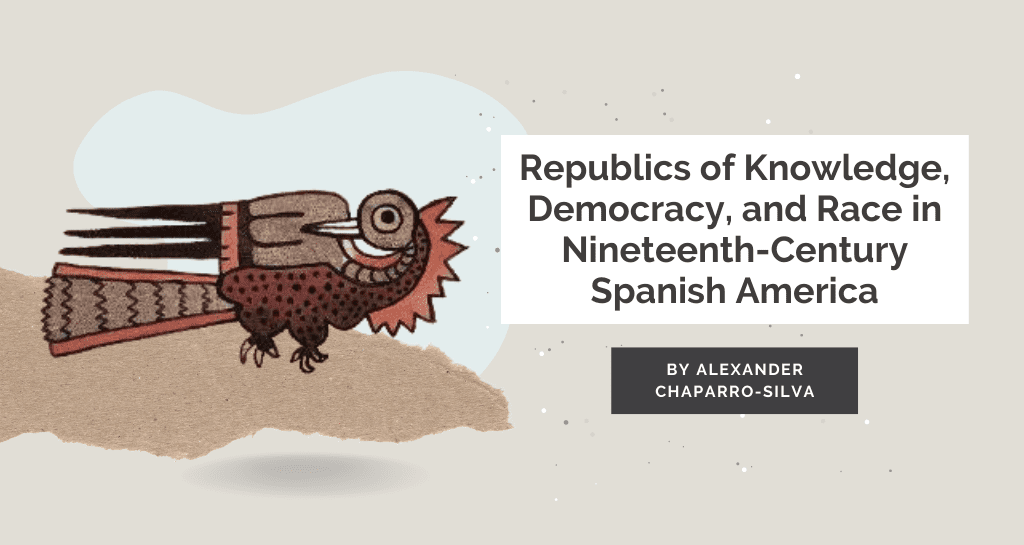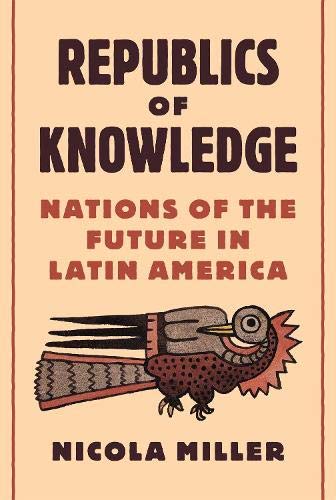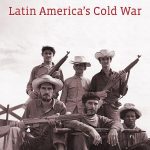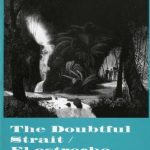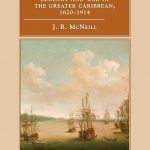Professor Nicola Miller’s research on intellectual history, knowledge, and modernity in nineteenth-century Spanish America has informed my own work in several meaningful ways. In her recent book Republics of Knowledge: Nations of the Future in Latin America (2020), Miller understands Spanish American republics as “communities of shared knowledge,” rather than as “imagined communities” à la Anderson. By focusing on “republics of knowledge,” Miller illuminates how the historical processes of nation-building and the creation of collective identities intersected and were negotiated in the realm of public knowledge during the nineteenth century. This helps us to better understand how an extraordinary array of historical actors, networks, institutions, and settings contributed to crafting these political communities. As Miller argues, knowledge, however imperfect or fragmentary, is more substantial and evidence-based than imagination.
Miller proposes the term localized transnationalism to analyze the multitude of exchanges, connections, and comparisons that took place between the countries of the region. I found this analytical category particularly productive. By highlighting those transferences of knowledge within the region’s borders, so often overlooked by scholars, Miller counteracts well established understandings of Spanish American knowledge as derivative and mimetic and challenges the traditional approaches to the directionality of knowledge in the region. Through this concept, Miller’s work transcends historiographical binomials—such as global and local, modernity and tradition, center and periphery—that have structured both the practice of intellectual history and the ways we understand the relations between Latin America and the world until recent times.
Miller’s approach goes beyond analyzing how knowledge is produced and circulated in Spanish America. Her work delves deep into the fundamental question about how certain forms of knowledge acquire greater legitimacy and status than others, adding methodological breadth to the field. By bringing the problem of the recognition and validation of knowledge to the center of Spanish American intellectual history, Miller underscores how knowledge is deeply entrenched in global hierarchies of power, while at the same time it cannot be reduced to its imperial and colonial dimensions. Knowledge has its own dynamics and is not merely subsidiary to wider economic, political, and social processes.
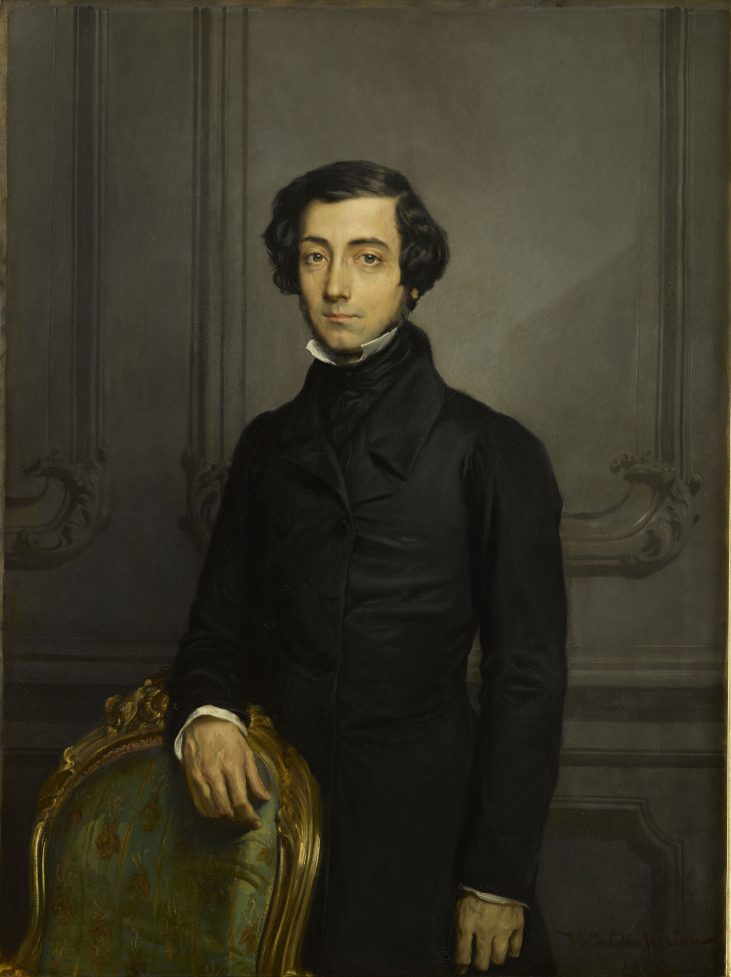
Building upon Miller’s methodological contributions and engaging in conversation with her work, my paper analyzes the ways Spanish American intellectuals envisioned the creation of social and political knowledge from the region as the main path to achieve political modernity and respond to entrenched global hierarchies of democracy, empire, and race. Like Miller, I am interested in the creation, validation, and recognition of knowledge. U.S. democracy became “universal” at the expense of rendering alternative knowledges in Spanish America as “local.” I study how Tocqueville’s ideas about Spanish America were received, deployed, and contested in the Atlantic world. While some Spanish Americans endorsed Tocqueville’s diagnosis of the region as a self-evident reality, others claimed his interpretation was the product of racial prejudice and eagerly refuted his ideas.
The alternative sociological knowledges these Spanish Americans created have remained buried and ignored. In the North Atlantic, meanwhile, Tocqueville’s ideas provided a political rationale for US expansion into Spanish America. Tocqueville’s ideas were not only validated and recognized in the North but also became fundamental to proclaim the historical teleology of US racial exceptionalism. The problem of the recognition of the political and social knowledge produced about democracy and race in Spanish America is at the heart of these discussions.
Alexander will present his paper “Democracy and Race in the Americas: Readings of Tocqueville’s ‘Democracy in America South of the Rio Grande'” on Monday, September 13. Dr. Nicola Miller (University College London), Dr. Lina del Castillo (University of Texas at Austin), and Dr. James Sidbury (Rice University) will offer comments. More information on this event can be found here.
The views and opinions expressed in this article or video are those of the individual author(s) or presenter(s) and do not necessarily reflect the policy or views of the editors at Not Even Past, the UT Department of History, the University of Texas at Austin, or the UT System Board of Regents. Not Even Past is an online public history magazine rather than a peer-reviewed academic journal. While we make efforts to ensure that factual information in articles was obtained from reliable sources, Not Even Past is not responsible for any errors or omissions.
